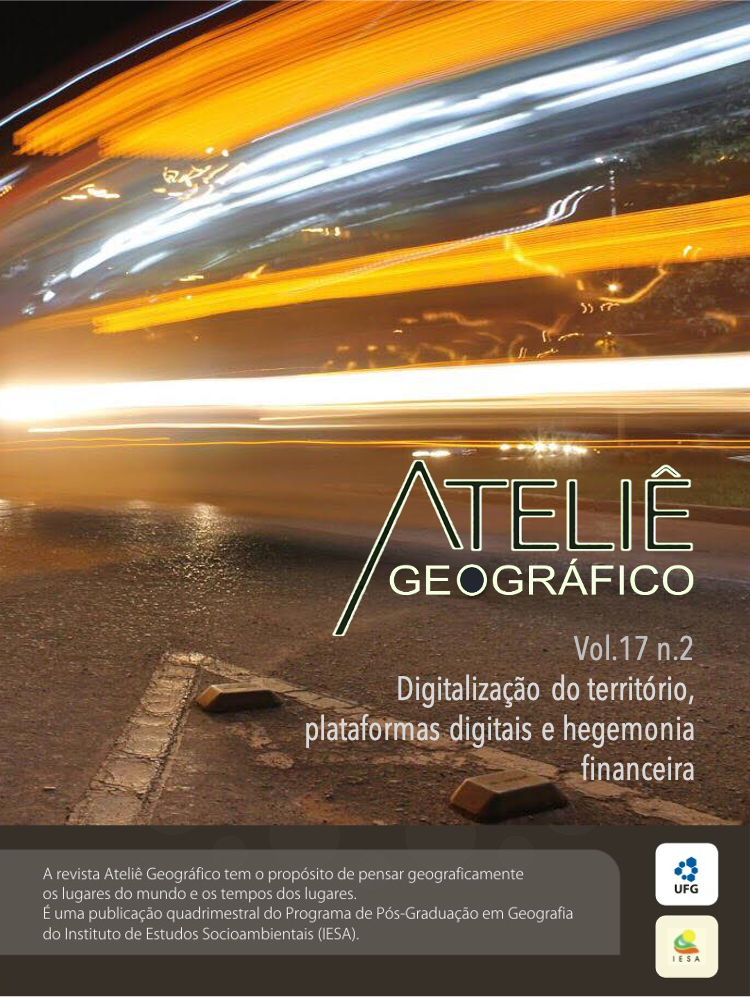Informal gastronomy: food, territory and resistance in the plazoleta of San Victorino, Bogotá Colombia
DOI:
https://doi.org/10.5216/ag.v17i2.75062Resumo
This article analyzes street food and its relationship with the tensions and resistance associated with the dynamics of social inequality derived from labor informality in the Plazoleta de San Victorino in the city of Bogotá. The methodological horizon is oriented from a qualitative approach according to Páramo (2013) and as a method the ethnography of the places was achieved according to Vergara (2013). The information was systematized and analyzed using the qualitative analysis software ATLAS.ti. The findings indicate that the sale of street food fulfills a social function by supplying food to an important sector of the Bogota population, which survives with very limited economic resources, understanding that the informal economy covers a good part of the city's inhabitants. It is concluded that informal gastronomy fulfills a role of social resistance in the context of the urban economy, since in the face of disabilities and abandonment by the state, it emerges as a possibility of employment and relief of food security for the most disadvantaged of the society.
Keywords: Street food. Informality. Unemployment. Resistance. Conflicts.
Downloads
Downloads
Publicado
Como Citar
Edição
Seção
Licença
Autores que publicam nesta revista concordam com os seguintes termos:- Autores mantém os direitos autorais e concedem à revista o direito de primeira publicação, com o trabalho simultaneamente licenciado sob a Licença Creative Commons Attribution que permite o compartilhamento do trabalho com reconhecimento da autoria e publicação inicial nesta revista.
- Os autores não serão remunerados pela publicação de trabalhos na Revista Ateliê Geográfico. Além disso, os conteúdos publicados são de inteira e exclusiva responsabilidade de seus autores, ainda que reservado aos editores o direito de proceder a ajustes textuais e de adequação às normas da publicação.
- Autores têm permissão e são estimulados a divulgar seu trabalho online (ex.: em repositórios institucionais ou na sua página pessoal), já que isso pode gerar alterações produtivas, bem como aumentar o impacto e a citação do trabalho publicado (Veja O Efeito do Acesso Livre).


